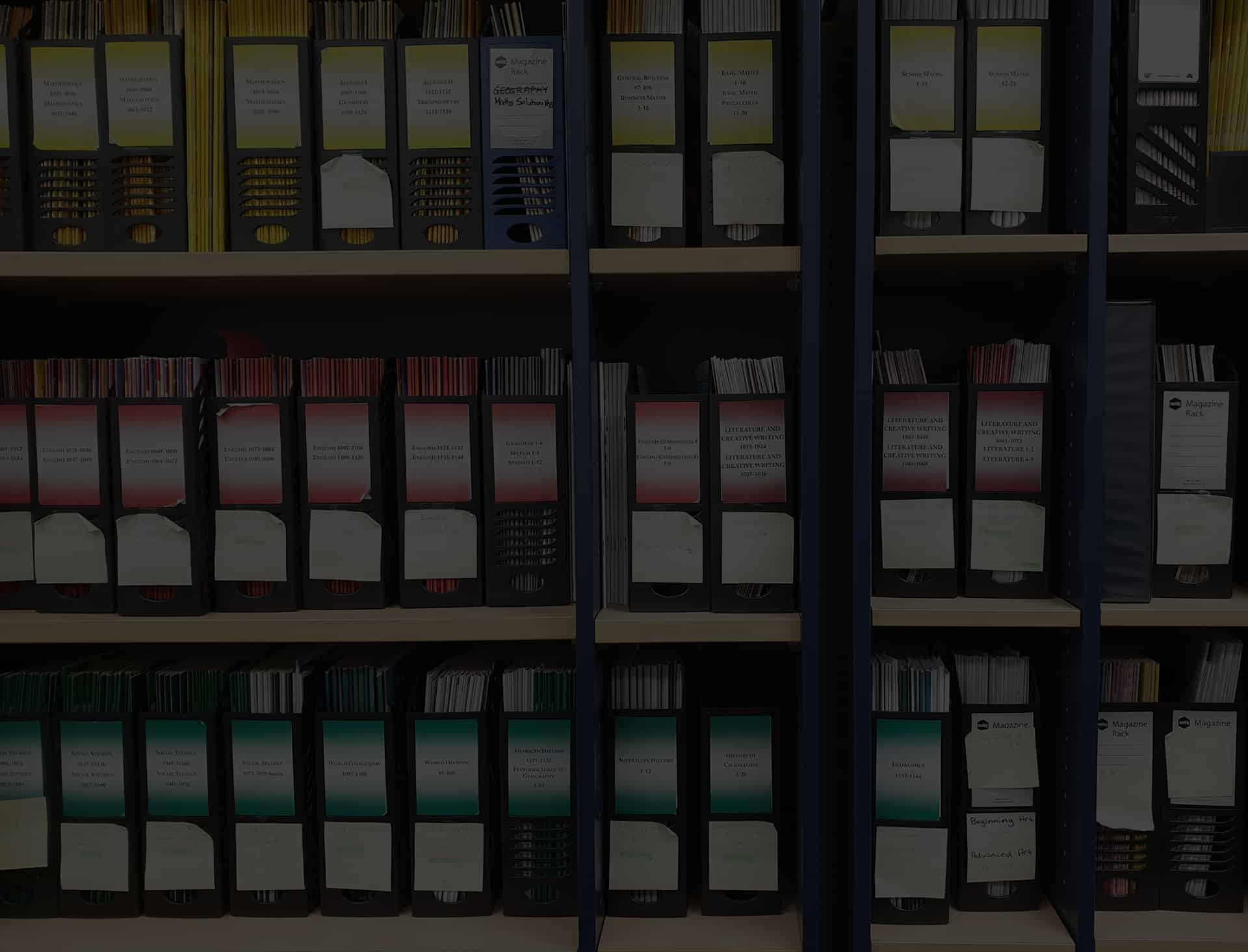
SCEE is committed to the development of curriculum appropriate to national and regional needs:
National Curriculum | International Curriculum | Teaching and Learning Resources
Resource Development Overview:
In educational contexts, whether they are school based or home based, the curriculum is the range of experiences provided to the student in order to encourage, guide and facilitate their cognitive experience and development.
Curriculum is all encompassing. It includes formal elements which are structured and purposeful and informal elements which are less so, being ad hoc, incidental and unstructured. Informal learning situations arise spontaneously or incidentally in conjunction with the formal curriculum components.
In some cases the informal curriculum can be the most engaging for students and the most effective in achieving the desired educational outcomes connected with the student’s cognitive experience. This is so because the informal curriculum is often spontaneous, contextual and interest or needs based, emerging out of the necessity of the moment. These aspects of the informal curriculum make such occasions and events very personalized for the learner and opportune for the educator.
Educators must be as attentive to the informal curriculum experiences that the learner is or could be exposed to as they are to the formal elements that are designed and scheduled. In some ways, the formal curriculum is Plan A, while the informal curriculum is Plan B. However, as with all Plan A and plan B scenarios, there is no Plan B without a Plan A, and the Plan B opportunities are often created out of and by Plan A elements. When this occurs, the informal, Plan B, events no longer become unproductive divergences or annoying distractions to the Plan A intentions within the educative experience and process. Rather, they serve as fertile moments of engagement that have relevance to the student’s interest or enquiry. Because such moments arise out of an intentional curriculum plan, they can be guided by that plan and embraced within it as a beneficial adjunct. These become “Eureka” moments for the educator, and more often for the learner. This consequence highlights the need to get the formal (Plan A) curriculum components right.
The formal curriculum comprises the courses, course work, and content offered by an educator and within the context of an intentional educational location and/or environment. This formal curriculum has at least two crucial aspects, namely, the range of courses and the specific learning programs that make up individual courses. In the latter case, the learning programmes that make up individual courses consist of the teaching, learning, and assessment materials available for each specific course of study.
The role of curriculum development is to focus on these aspects of teaching, learning and assessment to continually enhance the effectiveness of these key elements within the instructional design of the formal curriculum.
The core curriculum provided by Southern Cross Educational Enterprises (SCEE) is designed to be Biblically based, self instructional, mastery based curriculum, such that it facilitates the Christian Education needs of school-based and home-based students. This core curriculum consists predominantly of A.C.E Curriculum Materials, for which SCEE is the provider in the South Pacific region, including Indonesia.